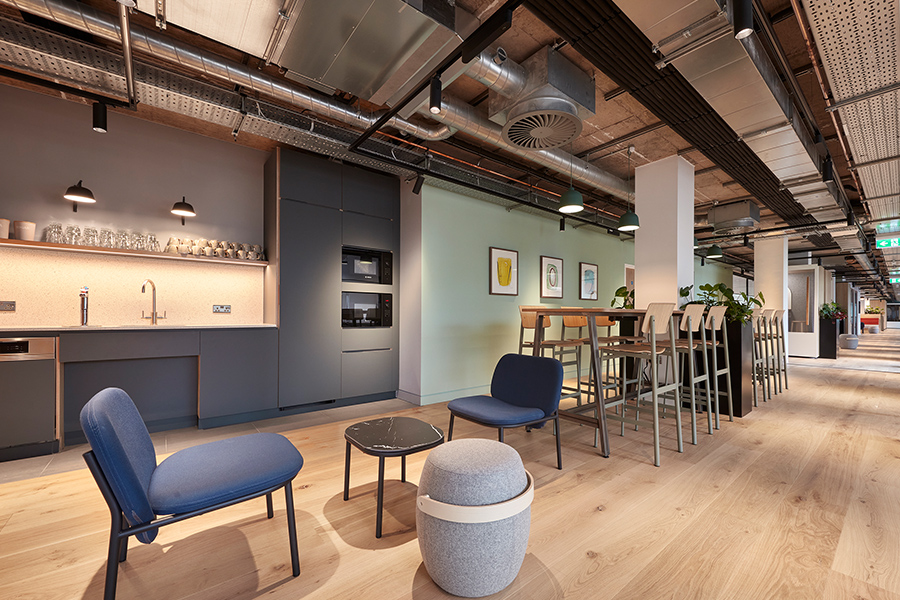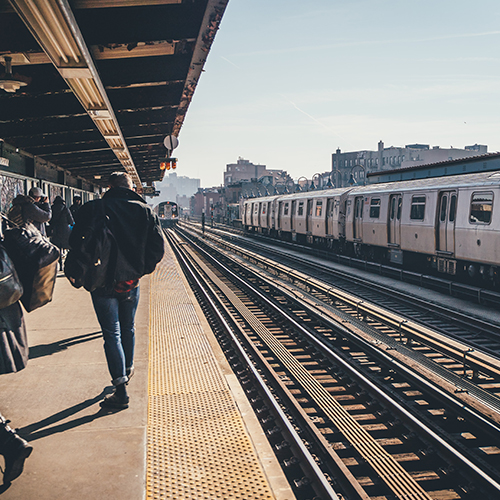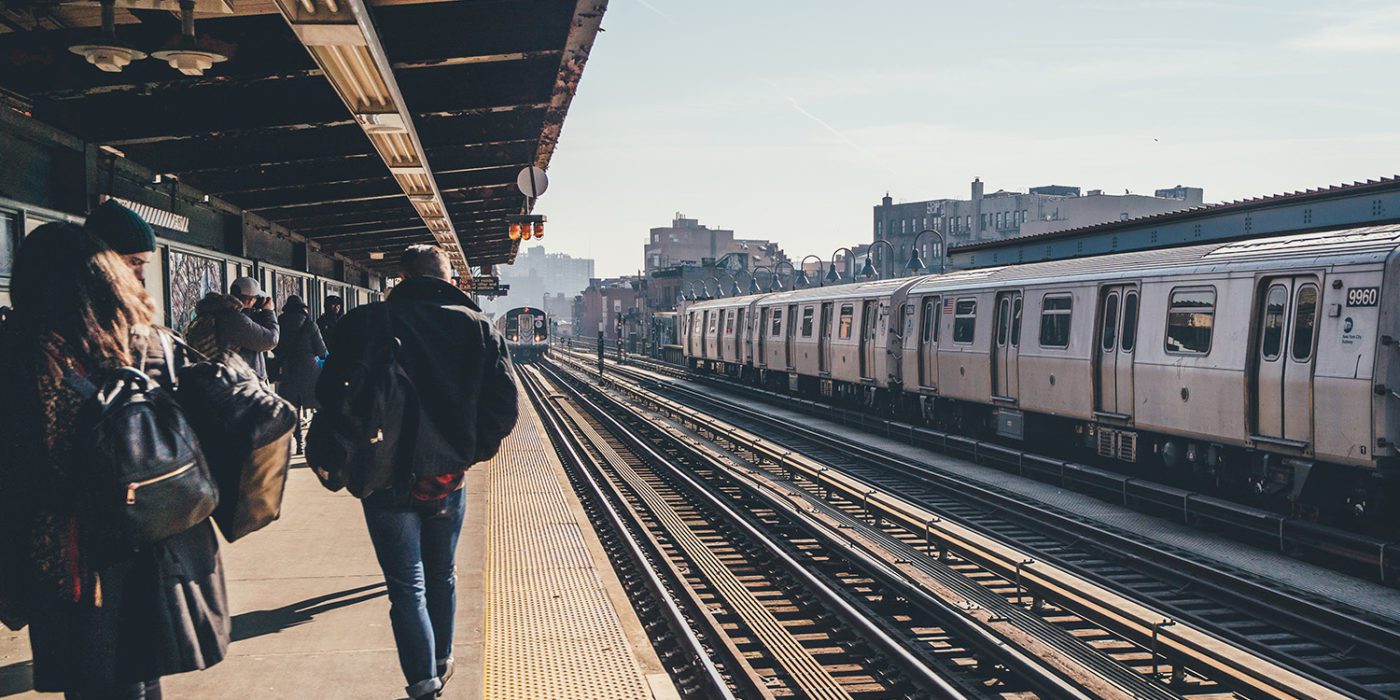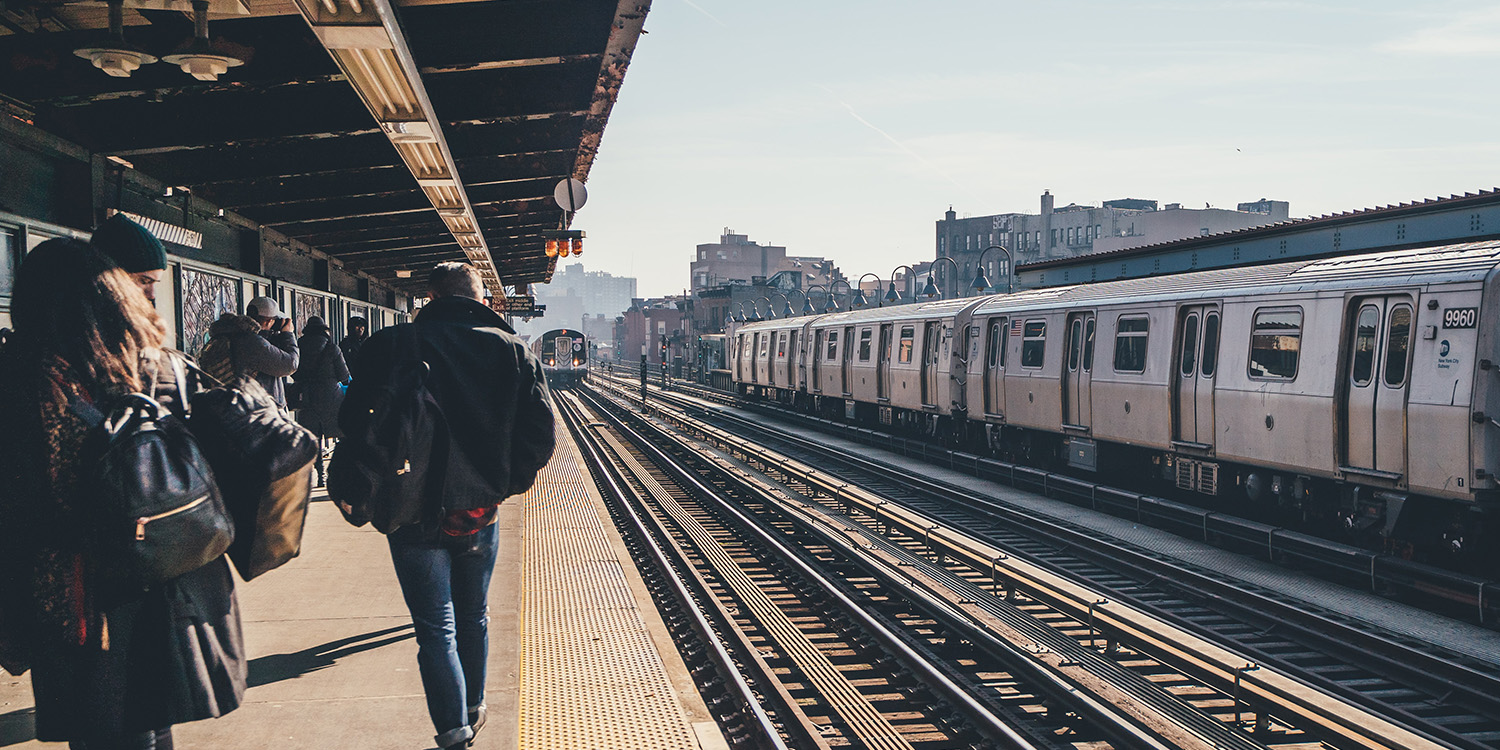The Covid pandemic marked the first time that the majority of people found their living space suddenly doubling up as a workspace.
In 2019, only 5% of the UK labour force worked from home, a number that had risen to over 54% by April 2020. We rejoiced at the lack of a daily commute… or did we?
Nobel prize-winning economist Daniel Kahneman once said that commuting is “the most miserable part of our day” and with the average length being a 57 minutes round-trip, I used to agree. Yet somehow, many people whose commute became the 8 steps from their bedroom to their new office space in the living room found themselves suddenly less engaged and more exhausted than before.
As far back as 2001, a study in the US suggested that most people would choose to commute, even if they were given the option to stop. Although this daily trek to and from the office space is one of the less-mourned pre-Covid losses, it turns out that not commuting had a bigger impact on worker’s mental health than was previously thought.
Breaking it down, there are various arguments as to why this might be-
- Racing for a tube, train or bus can initially seem stressful but once settled into the journey, the majority of people use the time for switching their brain from ‘home’ to ‘work’ mode- preparing for meetings, catching up on the news, reading emails or thinking through the big pitch. The time you spend commuting prepares your mindset for the day in a way that simply walking from one room to the other in your home could never replace.
- The lack of a commute means you have no time to decompress at the end of your day, switching from the boardroom to the kid’s bath time in five minutes flat. The journey from workplace to home used to mean clear boundaries between the two different worlds, a line that blurred with the rise of working from home. You may remember the rise of the ‘fake commute’ in late 2020 which became one way of creating a clear division between the two.

Clockwise Exeter
- According to a Microsoft report from 2020, no commute is “hurting and not helping remote worker productivity,” with the company also reporting that “after-hour chats were up 69 per cent on the messaging platform, leaving workers less engaged, working longer hours and frequently exhausted.” Because their findings were so surprising, Microsoft is currently developing an update to its Team packages to reintroduce the positive side of commuting for workers whose offices won’t be reopening any time soon. Users will be prompted to set aside ‘commute time’ and use that period to set goals in the morning then reflect on their working day at the end of it. The feature is being designed purely to help with employee wellness – that is how important a commute is.
- Many people have also spoken about the idea of “dressing for Zoom” – office wear on the top, casual on the bottom– something you’d never consider doing if you were commuting to your office or shared workspace. Professor Francis T McAndrew, who specialises in environmental psychology, told Vogue early in 2020 that there is a direct connection between getting dressed for the day and your general mental state. “If you look at how you are dressed, that signals something about what you are prepared to do. If you are dressed professionally and you’re dressed up, in some way that raises your own opinion of yourself, and you want your behaviour and demeanour to match the clothes. If you’re dressed like a slob and you are in your sweat clothes, you’re either prepared to work out at the gym or clean out the basement, but you’re not doing anything professional or mentally challenging, and that spills over into your motivation and confidence.”
- Another important factor is, of course, the health benefits. The Physical Activity for Health Research Centre at the University of Edinburgh found that the benefits of building physical activity into your daily commute can lower your chance of cardiovascular disease, some cancers and Type II diabetes. Whether walking, cycling, using public transport or car-sharing, “commuting more actively can benefit both physical and mental health, resulting in happier and more productive staff.”
Pre-pandemic, the commute was a daily grind that would force you to compromise on precious moments with family or sap your leisure time, leaving you feeling stressed, frustrated and exhausted. A shift in the way your company does business may mean that a traditional office is no longer a viable option for you. However, the hope is that by reconfiguring where we work to focus on a more localised approach and workspaces in regional hubs, we’ll receive the positives of the commute without the drawbacks.
To discuss our flexible approach to memberships for coworking spaces, private serviced offices or virtual set-ups, from Cheltenham and Wood Green to Belfast or Edinburgh, drop us an email and get back to the surprising benefits of the once-loathed but much-missed commute.




